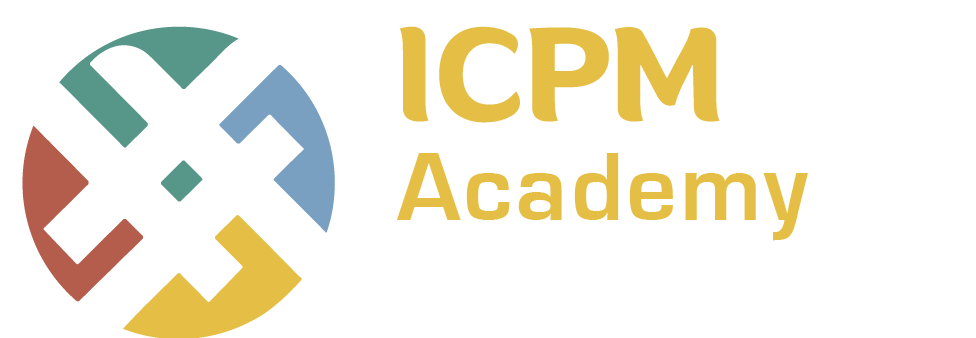Certified Courses
With our esteemed partners and affiliations, our certified courses will take you to the next level of your career and a one step more to achieve your goals.
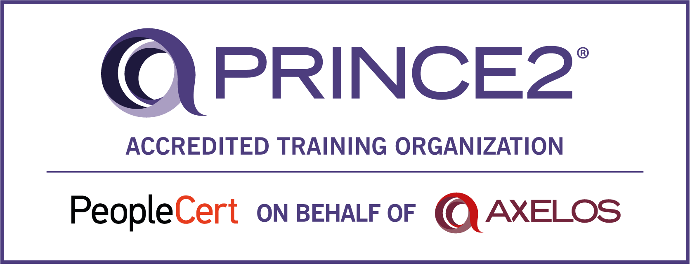
PPRINCE2® Foundation, 6th edition
PRINCE2 Foundation provides the theoretical knowledge of how to plan, manage and deliver projects from start to finish. A pass at Foundation level is a prerequisite for the Practitioner certification.
PPRINCE2® Practitioner, 6th edition
PRINCE2 Practitioner extends the knowledge acquired at Foundation level to enable you to apply and tailor the method in a live working environment.
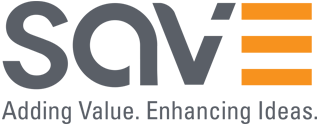
Value Methodology Fundamentals 1 (VMF1)
This VMF 1 course will equip trainees with the required competency levels necessary to professionally participate in the Value Engineering workshops. It will guide you how to pass successfully your Value Methodology Associate (VMA) certification exam. The course will increase your knowledge and skills related to the Value Methodology and change your mind set for how to manage costs through innovative changes. Distinguish the difference between cost reduction and value engineering to prevent proposing pre-mature proposals that could affect the life cycle cost or the quality level negatively. The applications will be on product, projects or process.
Value Methodology Fundamentals 2 (VMF2)
This VMF 2 course will equip trainees with the required competency level necessary to lead professionally the Value Engineering workshops. It will guide the trainees to successfully pass their Certified Value Specialist (CVS) certification exam. The course will increase your knowledge and skills related to the Value Methodology, build on knowledge already acquired through VMF 1 course and experience gained in subsequent VE applications, and to be able to define the requirements of establishing a VE program for your company or organization. You’ll learn about advanced tools to help VE specialists save projects’ time and cost. The applications will be on product, projects or processes.

ISO 9001: Quality Management System \ LEAD Auditor
This standard is based on several quality management principles including a strong customer focus, the motivation and implication of top management, the process approach, and continual improvement. These principles are explained in more detail in ISO’s quality management principles. Using ISO 9001 helps ensure that customers get consistent, good quality products and services, which in turn brings many business benefits.
ISO 21500: Guidance on Project Management \ LEAD Auditor
It guides project management and can be used by any type of organization, including public, private, or community organizations, and for any type of project, irrespective of complexity, size, or duration. Also, it provides a high-level description of concepts and processes that are considered to form good practices in project management.
ISO 30401: Knowledge Management System \ LEAD Auditor
This document sets requirements and provides guidelines for establishing, implementing, maintaining, reviewing, and improving an effective management system for knowledge management in organizations. All the requirements of this document apply to any organization, regardless of its type or size, or the products and services it provides.
- ISO 45001: Occupational Health and Safety Management Systems \ LEAD Auditor
- ISO 45001 is a milestone! As the world’s first International Standard dealing with health and safety at work, it aims to provide a safe and healthy workplace for employees and visitors.
ISO 19650: SmartLean BIM \ LEAD Auditor
The ISO 19650 standard is an international standard for managing information over the whole life cycle of a built asset using building information modeling (BIM).
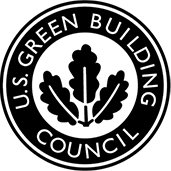
LEED Green Associate
The LEED Green Associate credential affirms a professional’s thorough comprehension of green building principles and practices. The exam is ideal for those newer to sustainability and LEED. The exam measures general knowledge of green building practices and how to support others working on LEED projects. The exam is ideal for those new to green buildings.
LEED AP Homes
While homes are LEED certified, individuals can earn the LEED AP Homes credential. This is an advanced AP (Accredited Professional) credential that outwardly displays an individual’s knowledge of the LEED certification process and practical, technical expertise in applying the rating system to building projects.
LEED AP Neighborhood Development (LEED AP ND)
LEED AP ND accreditation prepares an individual to work on LEED Neighborhood Development certification projects.
LEED AP Operations + Maintenance (LEED AP O+M)
Distinguishes professionals implementing sustainable practices, improving performance, heightening efficiency, and reducing environmental impact in existing buildings through enhanced operations and maintenance.
LEED AP Building Design + Construction (LEED AP BD+C)
LEED BD+C is the most popular LEED rating system and specialty AP credential. BD+C is most similar to the original “legacy” LEED AP designation and stands for “Building Design and Construction”. As the name implies, this LEED rating system and AP credential are for professionals involved in the design and new construction (or major remodeling) of green buildings.
LEED AP Interior Design + Construction (LEED AP ID+C)
LEED AP ID+C stands for LEED Accredited Professional with Interior Design and Construction specialty. It serves participants in the design, construction, and improvement of commercial interiors and tenant spaces that offer a healthy, sustainable and productive work environment.

Safety in Construction (10 Hours)
OSHA 10-hour training teaches basic safety and health information to entry-level workers in construction and general industry. It is part of the OSHA Outreach Training Program, which explains serious workplace hazards, workers' rights, employer responsibilities and how to file an OSHA complaint.
Safety in Construction (30 Hours)
OSHA 30-Hour training for construction and general industry prepares supervisors and workers to avoid workplace safety and health risks. Our OSHA-authorized courses are 100% online and accessible 24/7 from any web-enabled device. Topics covered in OSHA 30-Hour training include general worksite safety, avoiding common hazards, understanding workers' rights, employer responsibilities and more. Finish your training at your own pace and earn an official OSHA 30 card from the U.S. Department of Labor (DOL) — a common requirement for employment in construction and other industries.
Safety in General Industries (10 Hours)
Our OSHA 10 online course is designed to familiarize workers with OSHA standards as well as safety and health hazards common to the workplace. We've designed this training to be fully narrated and interactive with a goal to educate workers on identifying, avoiding, controlling, and preventing jobsite hazards.
Safety in General Industries (30 Hours)
This OSHA 30-Hour General Industry course is designed to educate workers on workplace and jobsite safety. Specifically, those who successfully complete this specialized training should become familiar with recognizing, avoiding, preventing and stopping potential jobsite hazards. It's OSHA Education Center's mission to ensure that workers at all responsibility levels and across all industries receive education about common workplace hazards with this OSHA 30 General Industry Training.

Certified Management Accountant (CMA)
For 50 years, the CMA® (Certified Management Accountant) certification has been the global benchmark for management accountants and financial professionals. Why? Because CMAs can explain the "why" behind numbers, not just the "what." And that can give you greater credibility, higher earning potential, and ultimately a seat at the leadership table.

Six Sigma Yellow Belt (SSYB™)
The Six Sigma Yellow Belt course is tailored to help anyone interested to know what Six Sigma is; learn key concepts in Six Sigma, and get a basic understanding of how the Six Sigma framework works in delivering successful projects
Six Sigma Green Belt (SSGB™)
This course is highly recommended for employees and organizations requiring a standardized approach to problem-solving for the purpose of continuous improvement in Quality Management
Six Sigma Black Belt (SSBB™)
This certification is highly recommended for employees and professionals who want to develop a comprehensive understanding of the practical implementation of Six Sigma methodologies with the help of various tools and techniques for the purpose of continuous improvement in processes to achieve fewer than 3.4 defects in a million opportunities.
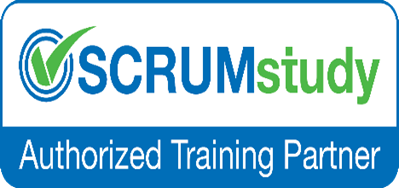
Scrum Fundamentals Certified (SFC™)
'Scrum Fundamentals Certified' course is tailored to help anyone interested to know more about Scrum; learn about key concepts in Scrum as defined in the SBOK® Guide, and get a basic understanding of how the Scrum framework works in delivering successful projects. This course is included as a part of Free Primary Lifetime Membership. The purpose of the ‘Scrum Fundamentals Certified exam is to confirm you have a basic understanding of the Scrum framework. On passing the exam, you will be accredited as "Scrum Fundamentals Certified"
Scrum Developer Certified (SDC®)
Scrum Developer Certified (SDC®) is an entry-level certification for Scrum Team members and those who interact with any Scrum Team. The objective of this certification is to ensure that Scrum Team members know enough about Scrum to effectively contribute to a Scrum project. The courseware and preparation tools required for the certification exam will be available online on SCRUMstudy.com. An online proctored exam will be conducted at the end of the course.
Scrum Master Certified (SMC®)
Scrum Master Certified (SMC®) professionals are facilitators who ensure that the Scrum Team is provided with an environment conducive to completing the project successfully. The Scrum Master guides, facilitates, and teaches Scrum practices to everyone involved in the project; clears impediments for the team; and, ensures that Scrum processes are being followed.
Scrum Product Owner Certified (SPOC®)
The Product Owner represents the interests of the stakeholder community to the Scrum Team. The Product Owner is responsible for ensuring clear communication of product or service functionality requirements to the Scrum Team, defining Acceptance Criteria, and ensuring those criteria are met. The Product Owner must always maintain a dual view. He or she must understand and support the needs and interests of all stakeholders, while also understanding the needs and workings of the Scrum Team.
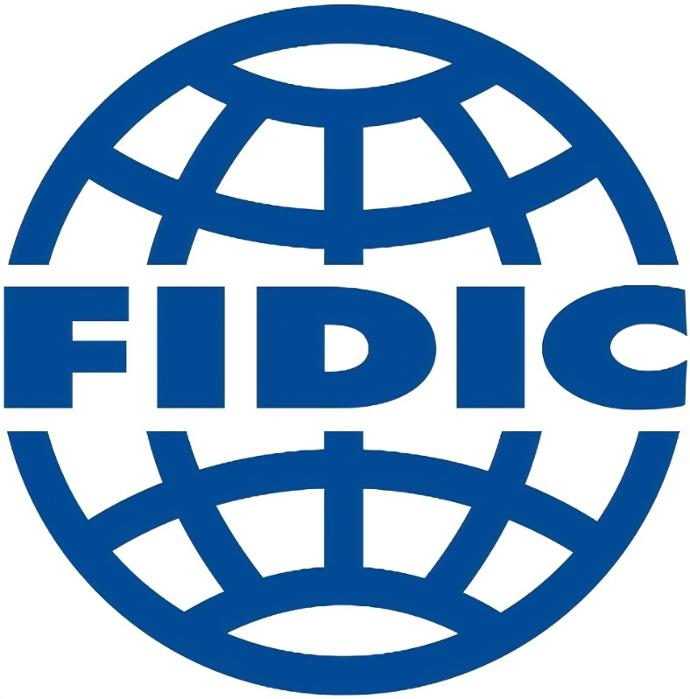
Certified Contract Manager
A FIDIC Certified Contract Manager is a senior-level professional capable of demonstrating knowledge of, and an ability to apply and manage the provisions of the following FIDIC publications related to the management of contracts during their project lifecycle:
- FIDIC Conditions of Contract for Construction – Red Book (1999 and 2017 edition)
- FIDIC Conditions of Contract for Plant & Design-Build – Yellow Book (1999 and 2017 edition)
- FIDIC Conditions of Contract for EPC Turnkey Projects – Silver Book (1999 and 2017 edition)
- FIDIC Golden Principles (2019)
As a FIDIC Certified Contract Manager, the individual also has a basic understanding and awareness of all other FIDIC Body of Knowledge (FBOK) documents, as described on the FIDIC website ( www.fidic.org) and in particular, the FIDIC Procurement Procedure Guide (1st edition 2011).
